Parkinson's disease and melanoma are believed to be linked due to DNA double-strand break repair thus cell proliferation.
Melanoma
Advertisement
This provides rationale for the clinical evaluation of defactinib and avutometinib in the treatment of melanoma metastases.
A study has uncovered a novel method to enhance immunotherapy for melanoma by targeting a protein known as MARCO.
Dr. John Fruehauf details how novel therapies have improved the landscape of metastatic melanoma care.
The main features of intestinal inflammation are reproduced as a biomarker for response to immune checkpoint inhibition.
New research has uncovered a combination therapy that shows promising results in melanoma and breast cancer models.
A recent study shows that macrophages can be used to predict whether or not a melanoma patient will respond to chemotherapy.
A recent study found a connection between total serum calcium levels and developing melanoma.
Dr. John Fruehauf provided an in-depth overview of treatments for metastatic melanoma.
The primary outcomes of the study were melanoma-related deaths and nonmelanoma-related deaths.
TPC2 and Rab7a interaction may be responsible for melanoma proliferation.
Remote analysis of cancerous-looking skin growths yields the same level of accuracy as in-person analysis.
Seventy-two percent of tumor specimens contained histologically defined LAs.
The analysis included the CheckMate trials that involved ICI treatment-naive unresected/metastatic melanoma.
Dr. John Fruehauf, Evolent, talks about a new standard of care in the treatment of stage III melanoma.
The combo's use for conjunctival melanoma demonstrates the combinations high efficacy in treating complex disease.
A novel method uses tumor-specific profiling to detect antibodies which are unique to early-stage melanoma.
The combination therapy of sotiga with pembrolizumab is effective at treating patients with metastatic melanoma.
Polygenic risk scores may serve as a viable tool to stratify patients based on their risk of invasive melanoma.
Several studies have uncovered how immunotherapies work in concert to improve outcomes in patients with melanoma.
A factor secreted by tumor cells is responsible for the resistance of melanoma to treatment.
One year of immunotherapy is optimal for treating patients with advanced melanoma.
Medicaid expansion and improved access to health care services facilitate diagnosing melanoma at an early stage.
Risk factors beyond sun exposure, including gene mutations, can influence a person's chances of developing melanoma.
Dr. Patel joins The Oncology Brothers to discuss in-depth how to treat cutaneous melanoma using a treatment algorithm.
DPP-4 inhibitors, used to control blood sugar levels in adults with type 2 diabetes, may reduce the risk of melanoma.
Melanoma is the deadliest of skin cancers. It develops in cells that produce melanin (the pigment that gives skin its ...
In a recent article, published in the Journal of Cancer Research and Clinical Oncology, researchers examined the protein ...
According to Shumin Yuan and colleagues from the Affiliated Cancer Hospital of Zhengzhou University and Henan Cancer ...
Patients at high risk of melanoma who undergo routine skin cancer screening and education are more likely to be ...
A study evaluated the feasibility and success of a structured surveillance program at skin clinics to help achieve ...
Two studies have directly linked mechanisms of aging to melanoma spread and treatment resistance.
...
The findings of a new study identify new targets to inhibit the spread of melanoma and guide treatment decisions. The ...
A study published in Clinical Cancer Research found that baseline levels of circulating tumor DNA (ctDNA) successfully ...
Patients with inflammatory diseases such as rheumatoid arthritis (RA), psoriasis, and inflammatory bowel disease (IBD) ...
Patients taking statins prior to receiving a melanoma diagnosis have a decreased risk of a melanoma recurrence compared ...
Knowledge and understanding of how social media influences a desire for tanner skin and positive attitudes toward ...
Bereaved people who experience the loss of a partner have an increased risk of dying if diagnosed with melanoma, ...
A new report highlighted the top 10 states with the highest risk for ultraviolet (UV)-linked melanoma, with Utah being ...
Algorithm-based smartphone apps using artificial intelligence to test moles are not reliably able to detect melanoma and ...
Researchers have presented a new, quantitative technique that uses DNA sequencing to accurately predicts the recurrence ...
Bariatric surgery attenuates the risk of melanoma, according to a study published in JAMA Dermatology.
...
The outcomes of a randomized phase III trial showed that adding Tecentriq (atezolizumab) to Cotellic (cobimetinib) and ...
A study published in JAMA Dermatology observed a discrepancy in the trend of nationwide melanoma rates: while the ...
Recent research has found that vitamin D intake can reduce the aggressiveness of melanoma cells. This study, conducted ...
Some skin cancers may begin growing in the hair follicles, according to the findings of a new study published in Nature ...
A recent study compared long-term overall survival rates at five years in patients with advanced melanoma who were ...
A recent study analyzed how romantic partner support affects skin self-examinations in melanoma survivors. The ...
A second opinion from a dermatopathologist could improve reliability of melanocytic lesion diagnosis, according to a ...
According to a press release distributed by Moffitt Cancer Center, researchers have uncovered differences at the ...
A new study has found that the recent drop in melanoma rates of younger residents in Melbourne may be due to a skin ...
Social factors, unemployment, and a prior history of melanoma were associated with greater baseline cancer worry among ...
A Google research team has recently created an artificial intelligence (AI) system that can detect 26 different skin ...
Melanoma patients who undergo treatment with BRAF and MEK inhibitors may be more likely to sustain cardiovascular ...
A study published in the Journal of the American Academy of Dermatology found that many hairdressers may be interested ...
A study published in the Journal of the National Cancer Institute found that indoor tanning exposure may trigger a ...
Research that will be presented at the American Association of Cancer Research Annual Meeting indicated that a ...
A group of researchers from the University of Pennsylvania’s School of Veterinary Medicine has recently found that a ...
An experimental cancer vaccine plus immunotherapy ( Diprovocim) demonstrated a 100% survival rate in mice with ...
Results from the open-label, phase II CheckMate 204 study show that combined immunotherapy with the two checkpoint ...
Researchers in Australia developed an experimental blood test for melanoma detection. They tested blood samples for ...
The U.S. Food and Drug Administration approved the combination encorafenib and binimetinib for the treatment ...
Advertisement


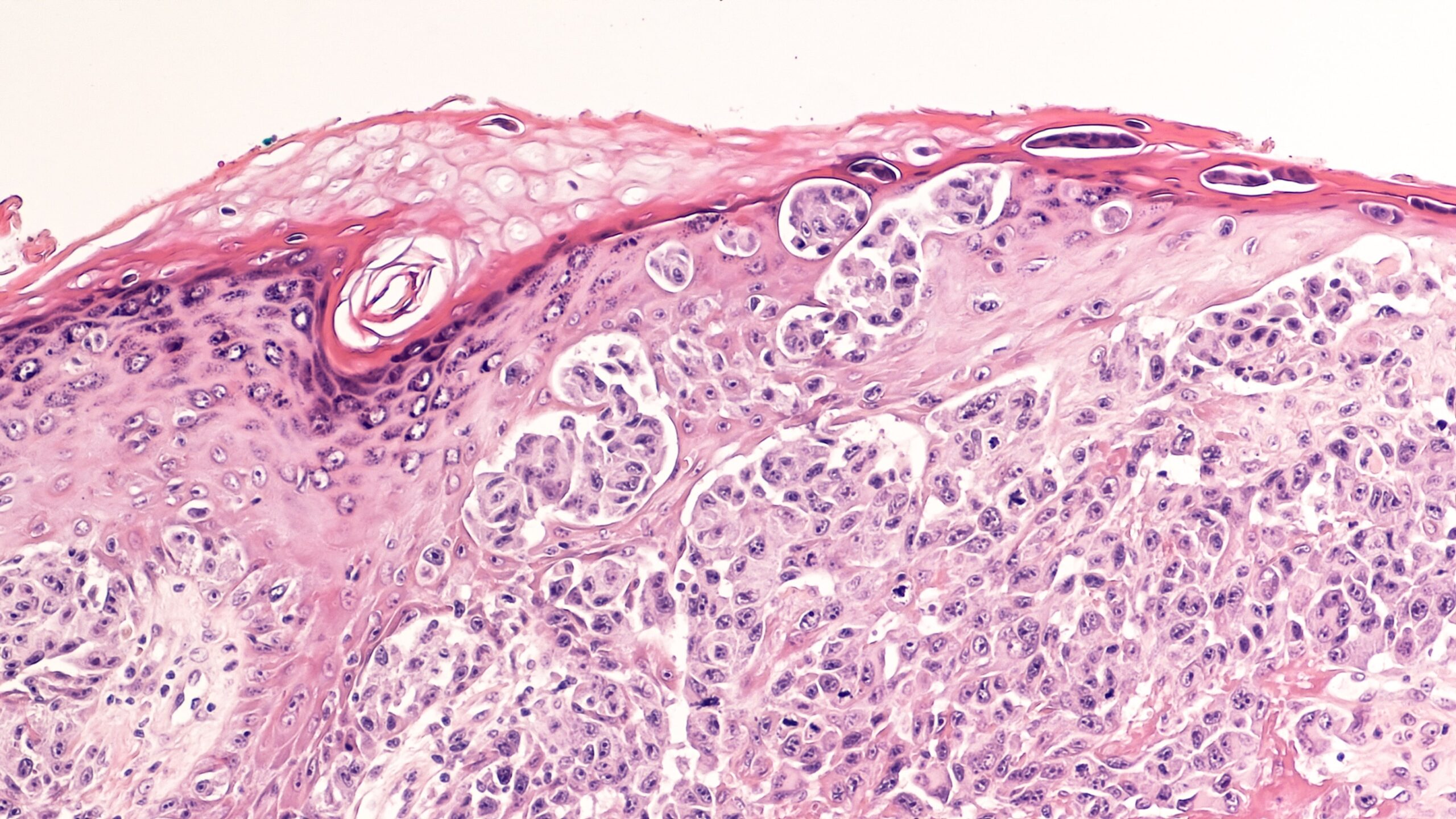







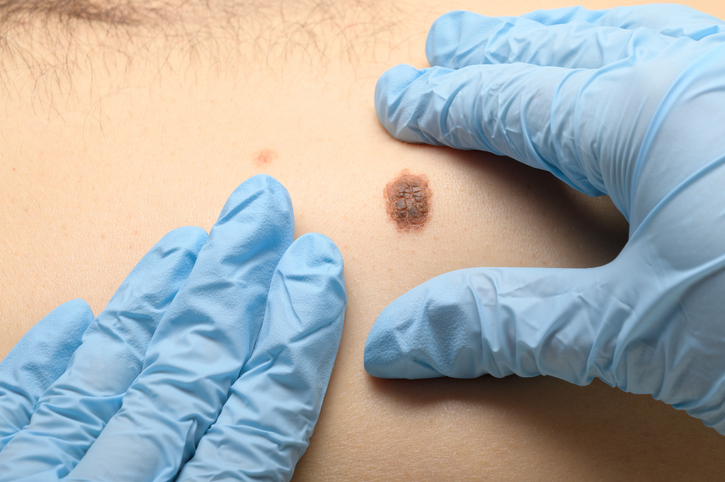


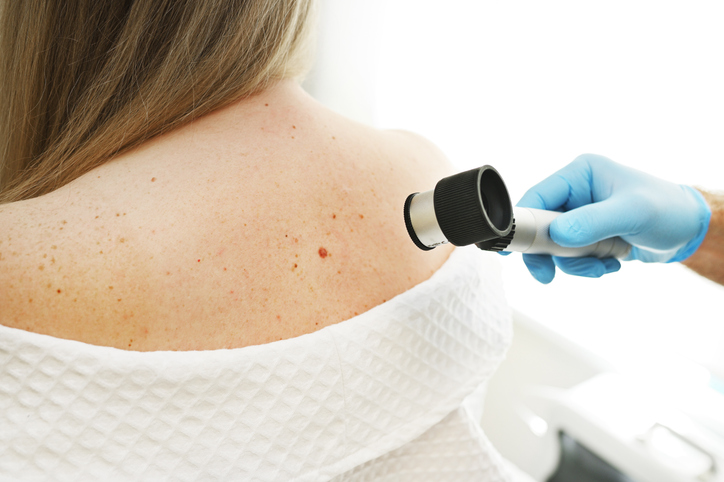
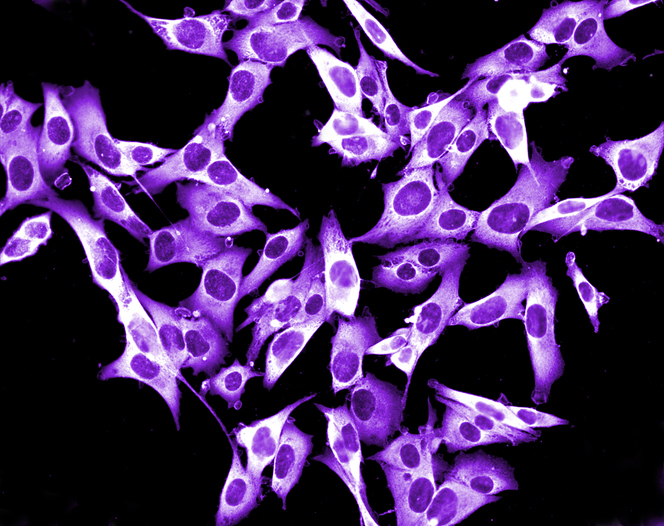





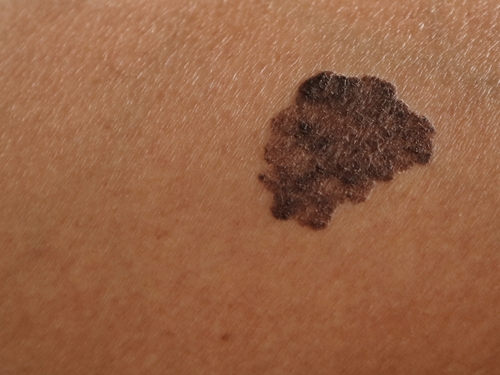




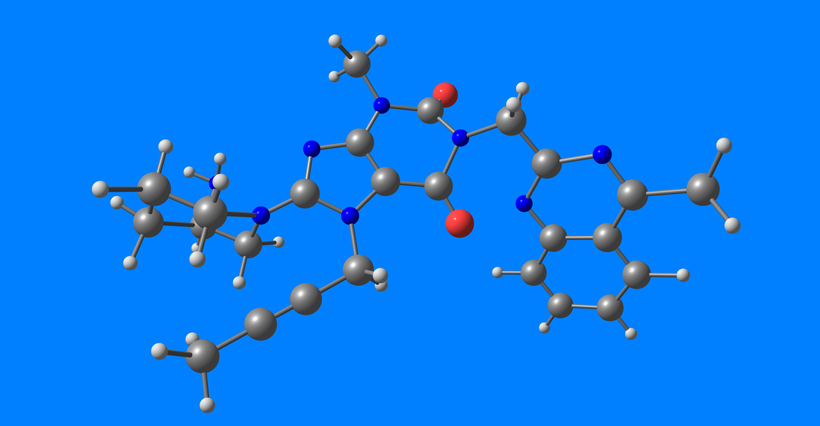
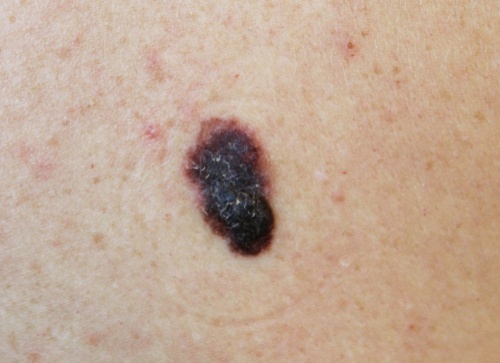
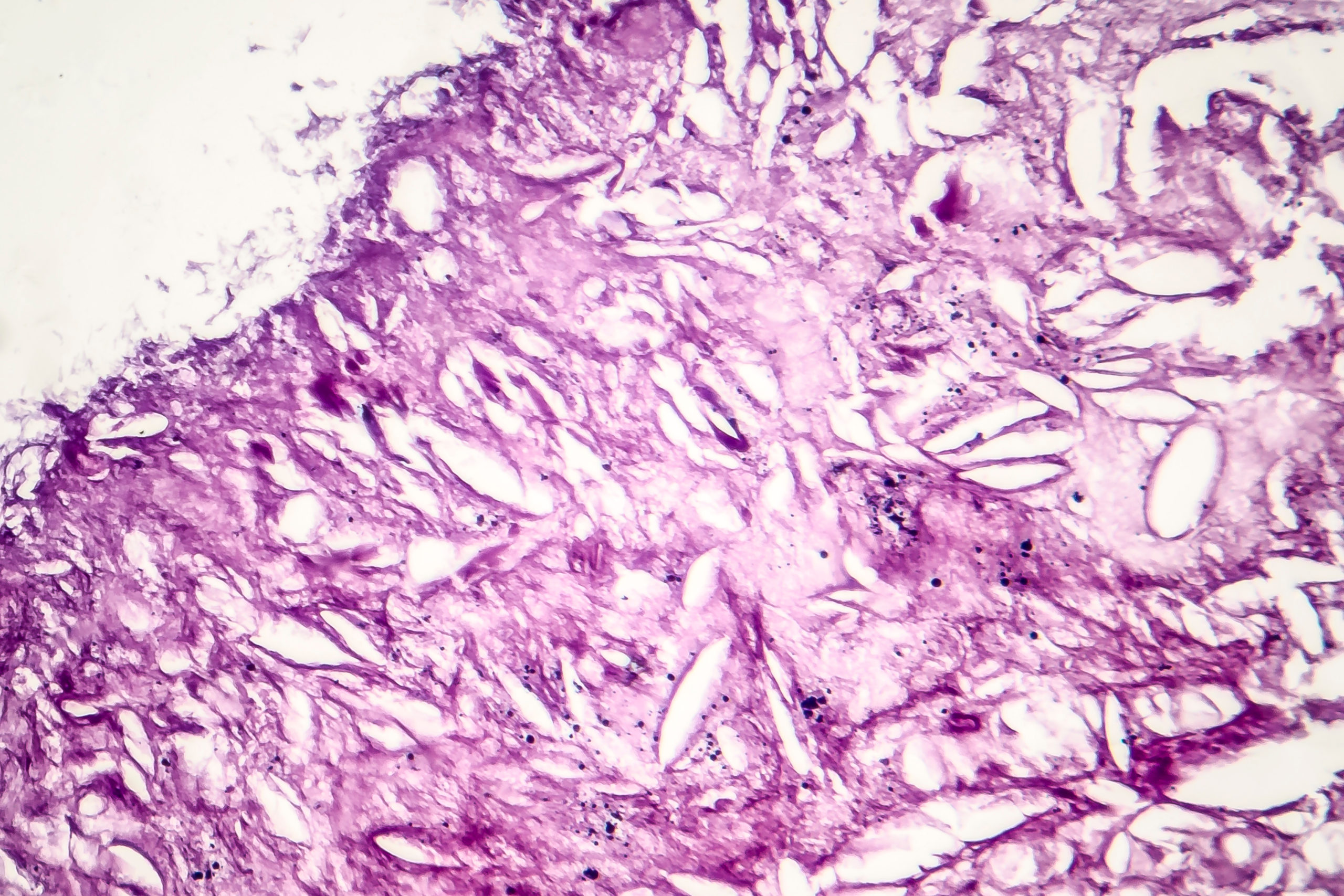

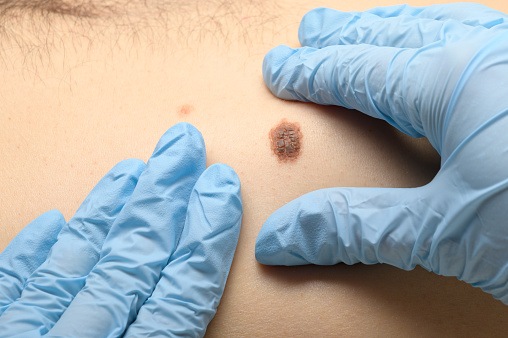
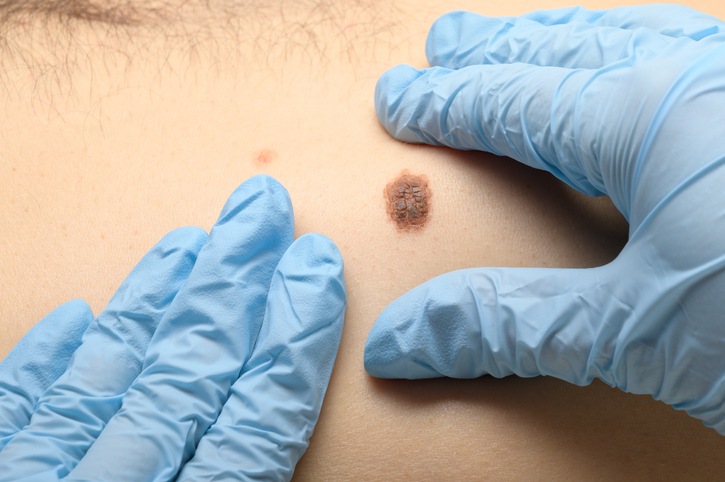

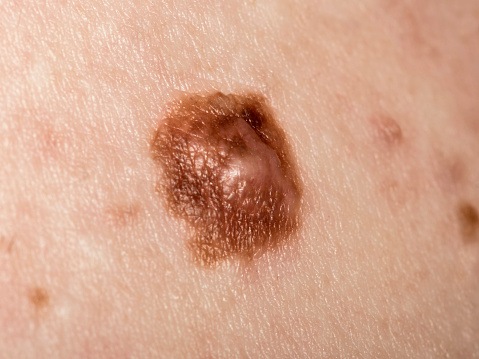




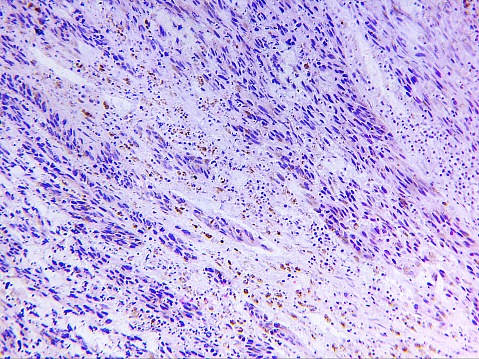


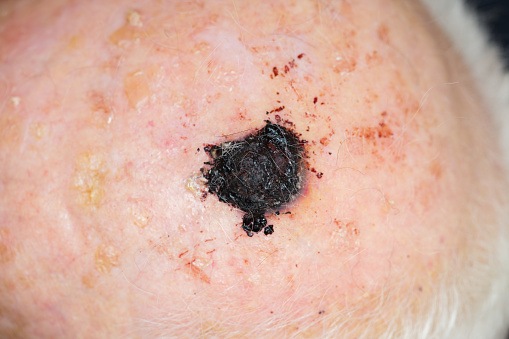


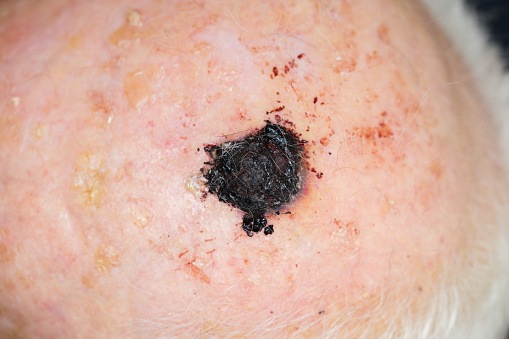
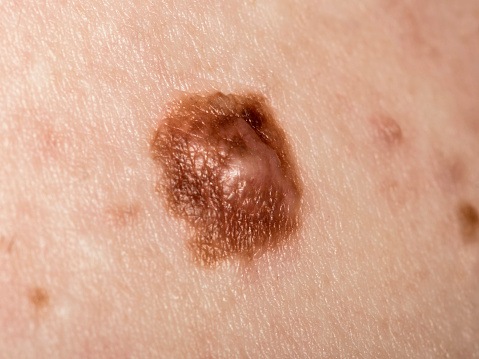








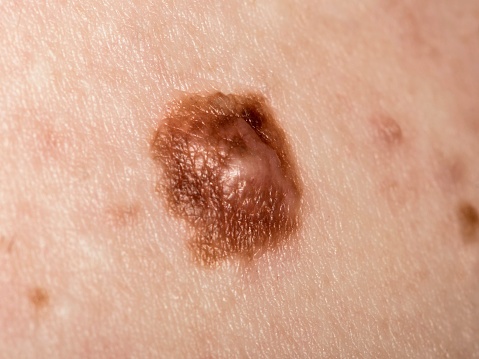
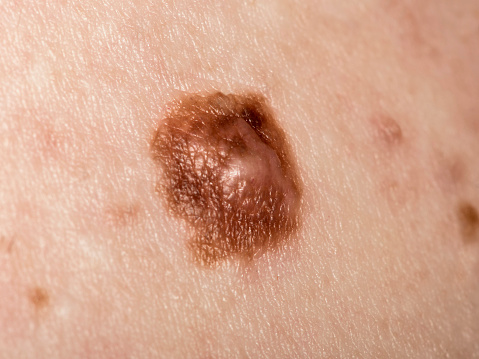


 © 2025 Mashup Media, LLC, a Formedics Property. All Rights Reserved.
© 2025 Mashup Media, LLC, a Formedics Property. All Rights Reserved.